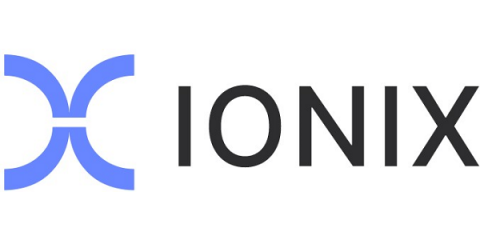Security | Threat Detection | Cyberattacks | DevSecOps | Compliance
Supply Chain
Software Supply Chain Security at RSA Conference 2023
The risk of supply chain attacks increases as more companies rely on third-party vendors and suppliers for critical services and products. Supply chain attacks have become increasingly prominent in recent years. In 2022, for instance, supply chain attacks surpassed the number of malware-based attacks by 40%.
Uplevel your supply chain risk management
We’ve entered Week #3 of National Supply Chain Integrity Month, an initiative that CISA and other government agencies started to highlight the importance of securing our nation’s most critical systems and ensuring they stay resilient. For Weeks #1 and #2, I wrote about maturing your third-party risk management program and securing the small business supply chain.
Introducing GitGuardian Honeytoken
Supply Chain Security: Secrets and Modern Security Frameworks (Part III)
In this final part, we'll discuss more software supply chain security frameworks and the critical role of secrets detection in them. We'll explore the NIST SSDF, SLSA, and OSC&R frameworks and how they cover the topic of secrets in software supply chain security.
The 443 Podcast, Ep. 236 - Another Software Supply Chain Attack
Prepare for Zero-Day Threats in Your Supply Chain
Leading cybersecurity experts Major General John F. Wharton, (US Army ret); Oleg Strizhak, Shell’s Digital Supply Chain Risk Manager; and Sam Curry, the CISO of Zscaler, recently sat down with SecurityScorecard’s President of International Operations Matthew McKenna to discuss how organizations can prepare themselves and their supply chains for zero-day attacks as well as best practices for supply chain risk management.
Top 5 uses of blockchain in supply chain
It’s April, designated National Supply Chain Integrity month by CISA, NCSC, ONCD and Department of Defense, to promote resources, tools, and information to help organizations and agencies secure their supply chains and build resilience. But what role does blockchain play in supply chain and how easy is it to implement? Blockchain technology has numerous potential applications in supply chain due to its ability to provide a secure, transparent, and tamper-proof ledger of transactions.
IONIX Wins Best Attack Surface Management (ASM) Solution in the 2023 Cybersecurity Excellence Awards Program
How resilient is your supply chain?
This week kicks off the 6th annual National Supply Chain Integrity Month, an initiative started by CISA and other government agencies to highlight the importance of securing our nation’s most critical systems. This year’s theme, “Supply Chain Risk Management (SCRM) – The Recipe for Resilience,” is meant to encourage all stakeholders to apply a comprehensive approach in their efforts to strengthen cyber defenses.











